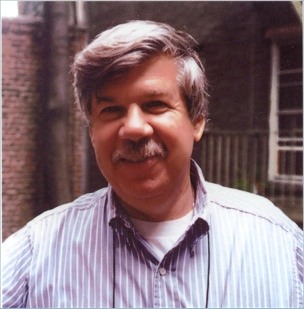Gould, Stephen Jay (1941–2002)

Stephen Gould was a Harvard paleontologist, well known for his prolific popular writings and his formulation with Niles Eldridge of the theory of punctuated equilibrium, who considered how evolutionary theory impacts on the likelihood and possible nature of extraterrestrial intelligence (see evolutionary theory and extraterrestrial life). In his 1989 book Wonderful Life,1 he argues against the repeatability of species and of humanoids in particular (see anthropomorphism), pointing out the
... staggeringly improbable series of events, sensible enough in retrospect and subject to rigorous explanation, but utterly unpredictable and quite unrepeatable... Wind back the tape of life to the early days of the Burgess Shale; let it play again from an identical starting point, and the chance becomes vanishingly small that anything like human intelligence would grace the replay. At the same time, he is quick to assert that while the contingency inherent in evolution suggests a lack of human-like beings elsewhere, it does not, as some evolutionists such as George Gaylord Simpson and Ernest Mayr have claimed, imply a lack of extraterrestrial intelligence in general: When we use "evolutionary theory" to deny categorically the possibility of extraterrestrial intelligence, we commit the classic fallacy of substituting specifics (individual repeatability of humanoids) for classes (the probability that evolution elsewhere might produce a creature in the general class of intelligent beings.) I can present a good argument from "evolutionary theory" against the repetition of anything like a human body elsewhere; I cannot extend it to the general proposition that intelligence in some form might pervade the universe. Gould refers to the phenomenon of convergent evolution as evidence that intelligence in other forms may have arisen elsewhere.2 Indeed, Gould is one of four evolutionists (the others being Tom Eisner of Cornell, David Raup of the University of Chicago, and Edward O. Wilson of Harvard) who have signed a pro-SETI petition in the belief that some finite chance exists of finding intelligence beyond the Earth.
References
1. Gould, Stephen Jay. Wonderful Life: The Burgess Shale and the Nature
of History. New York: W. W. Norton (1989).
2. Gould, Stephen Jay. The Flamingo's Smile: Reflections in Natural
History, chapter "SETI and the Wisdom of Casey Stengel." New York:
W. W. Norton (1985).


